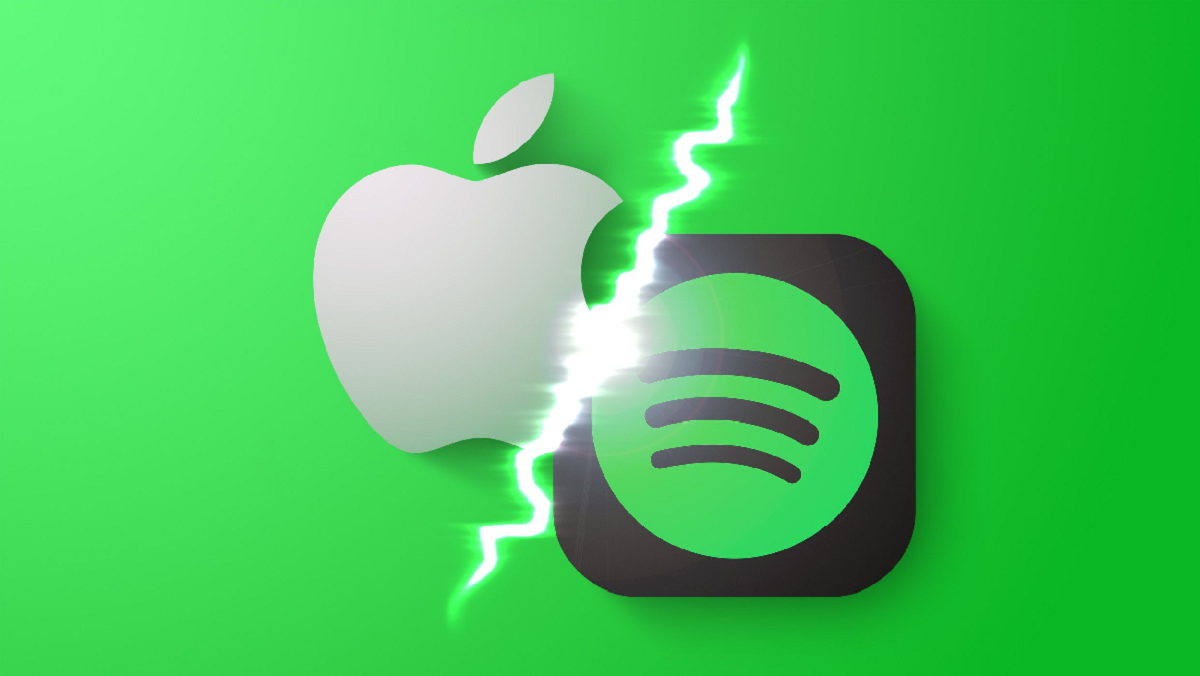On Sunday, the Financial Times reported that the European Commission is contemplating levying a €500 million ($539 million) fine against Apple. This action comes in response to allegations that Apple favored its own Apple Music over competing platforms like Spotify within the App Store. Spotify, a Swedish audio streaming service, lodged a complaint in 2019, alleging that Apple Music wasn’t paying royalties to its parent company and was receiving preferential treatment compared to third-party services.
Apple responded with a rebuttal, denying the accusations, but its defense was met with skepticism. Initially, the European Union sought to impose fines on Apple amounting to as much as 10% of its worldwide revenue, potentially reaching around $40 billion and causing significant upheaval in the technology sector.7
READ MORE: Hafeez Voices Concerns Over Lahore Qalandars’ Players Development Program
The primary concern revolves around Spotify facing the “Apple tax,” which constitutes 30% of all transactions (in this case, equaling $3 for each $10 Premium subscription). Despite Cupertino’s assertion that this rate applies solely during the initial year of subscriptions, decreasing to 15% thereafter, it fails to address its impact on returning customers who unsubscribe and later re-subscribe.
Additionally, Apple argues that Spotify’s success is partly due to its availability as a “free” app on the App Store. However, developers are still required to pay fees for using the developer account, contradicting the notion of “free” access. European Spotify users are poised to experience a revamped platform where they can view all subscription pricing, promotions, or deals, and even make purchases seamlessly within the app.
The standoff has also prevented Spotify from introducing in-app purchases. If Apple complies with the Digital Markets Act (DMA), European users could become the first to access this new feature. However, this presents yet another battleground in the ongoing conflict between the two companies.



